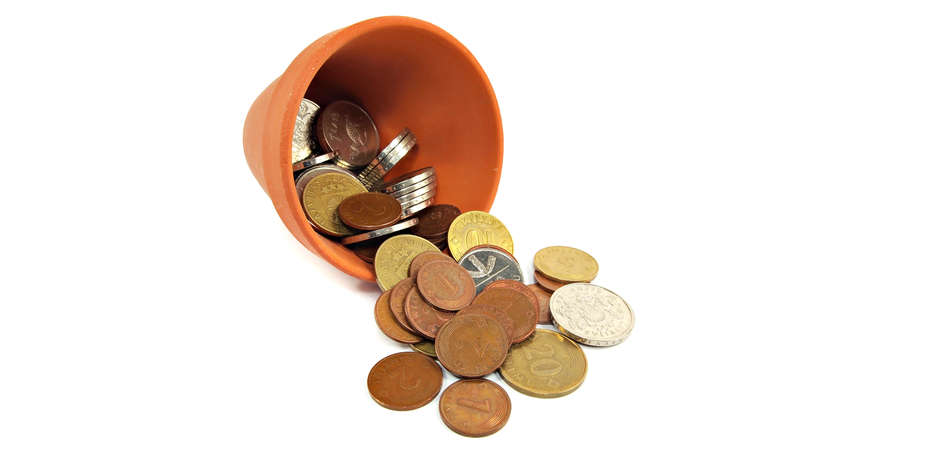Paying tax as sole trader in the UK
If you are self-employed, you still have to pay taxes. You have to pay your tax by doing a self assessment. It is necessary that you report that you are self-employed. Once you calculate your taxable profits, it is vital to report to HMRC to ensure that you pay the correct amount. You should report your income by filling a tax return form. You need to be responsible for your tax return. Here are just a few things you need to know before you get started t your sole trader filing.
After registering with the HMRC as being self employed, you will be given a notice after the tax year. You have to keep certain business records. It is vital that you maintain your records accordingly. You can store your records in the computer to allow you access the information with a lot of ease. Make sure that your personal records are separate from the business records. As a sole trader, it is vital to have a system in place to keep all your records. Her Majesty’s Revenue and Customs require that you record all the sales record of your business, you are also required to back up your invoice, paying slips and bank statements. It is also vital that you record all the expense and purchases. You are also required to keep records of the amount you take out of the business for personal use.
In case you have problems filing your returns then you should contact the HMRC for assistance. You will get help in a short time on how to go about filing your taxes. If you notice that you have made a mistake after filing your return, then you can easily amend it. You are given a period of 12 months starting from 31st January up to the end of the tax year.
When it comes to making payment for your self-employment income, you have to make the payment in three installments. The first payments are scheduled on 31st January of the tax year. In this period you are supposed to pay 50% of the prior year liability. The second installment is due on the 31st July after the tax year. On this date, you are required to pay 50% of the previous year’s liability. The last installment is done on the 31st January after the tax year. At this time, you are required to pay any balance of your tax that you may have. You are also supposed to make the first payment of the next tax year.
As a sole trader, you have to monitor yourself and know when you are supposed to submit your tax. It is also good to be informed to avoid being in problems with the tax authorities. You can hire the help of a professional to help you out with filing your taxes. Maintaining good records is paramount if you want to have an easier time in filing your sole trader returns. It is simple, and with good record keeping you will find out how easy it is to file your returns.

